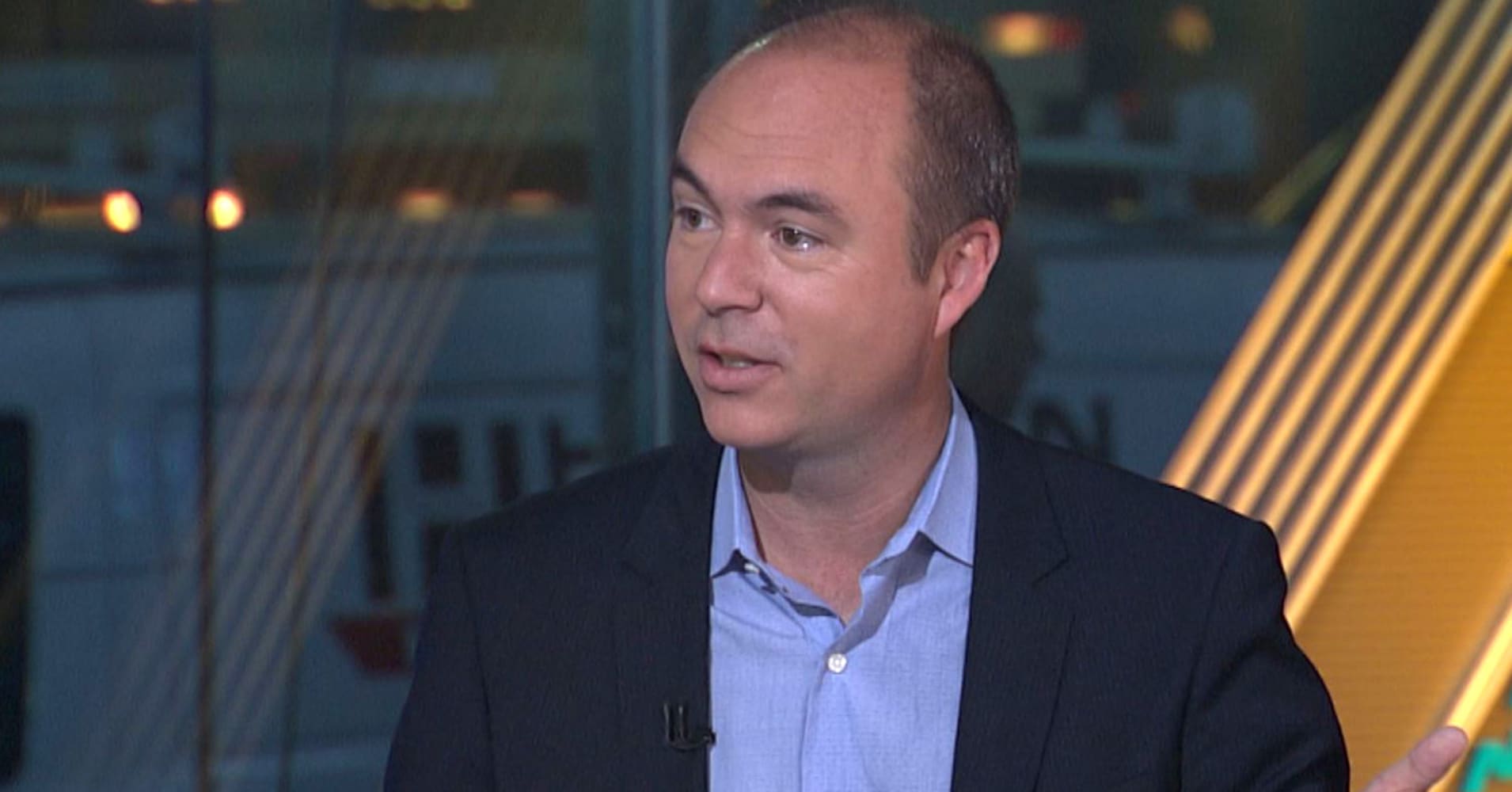
Upwork, an online marketplace connecting freelancers with clients, was designed to maximize worker pay, CEO Stephane Kasriel told CNBC on Wednesday, the company's IPO day.
The issue of a fair wage is a hot-button issue in the national dialogue, and Amazon on Tuesday upped the ante by announcing an increase in the minimum wage for all its U.S. employees to $15 per hour.
"We make more money when freelancers make more money," Upwork's Kasriel said on "Squawk Box," hours before Upwork was set to begin trading as a public company on the Nasdaq. "It's absolutely in our best interest that people are as busy as they're willing to be and earn as much per hour as they're willing to do."
The mission of Upwork, according to Kasriel, is to "help companies find developers, designers, lawyers, accountants on a freelance basis throughout the country and globally as well."
"We spend a lot of time figuring out how we can convince more businesses to use Upwork," he added.
On Tuesday evening, Upwork priced its initial public offering at $15 per share, above the expected range of $12 to $14. With nearly 12.5 million shares in the IPO, the company raised $187 million at about a $1.5 billion valuation.
Upwork was formed in 2014 by the combination of Elance and oDesk, two early rivals in the business of finding work for freelancers.
"This IPO event is not about raising money. We have cash in the bank," Kasriel said, adding the company has not raised venture capital in years.
As for the financials, Upwork saw total revenue increase 28 percent to $107.4 million in the six months ended June 30, with a net loss of $7.2 million.
Here's how Upwork works.
"It's an apply to join type of process; 98 percent of the people who apply today will not be admitted into the platform," Kasriel said. We take a cut of the transactions. And typically, we take about 14 to 15 percent."
Last year, Upwork said 375,000 freelancers earned money working with 475,000 clients.
"The fee at the beginning of the relationship is higher. And then it slides down over time. A lot of the business on Upwork is highly recurring; freelancers who have been working with the same clients on and off for many, many years," Kasriel said.
Upwork has taken steps to help U.S.-based freelancers protect against being undercut by their global counterparts, Kasriel said.
"Last year, we launched a U.S.-only website, where U.S. freelancers are only competing against other U.S.-based freelancers. And that means they can have rates that are compatible with what they would expect to get in the U.S."
Kasriel said the "big shift" in the labor force works in his favor. "The baby boomers are retiring. They were much less likely to be freelancers. The millennials are now the largest generation in the workforce. Almost half of millennials do some amount of freelancing today."
from Top News & Analysis https://ift.tt/2Qqmmtivia IFTTT
No comments:
Post a Comment